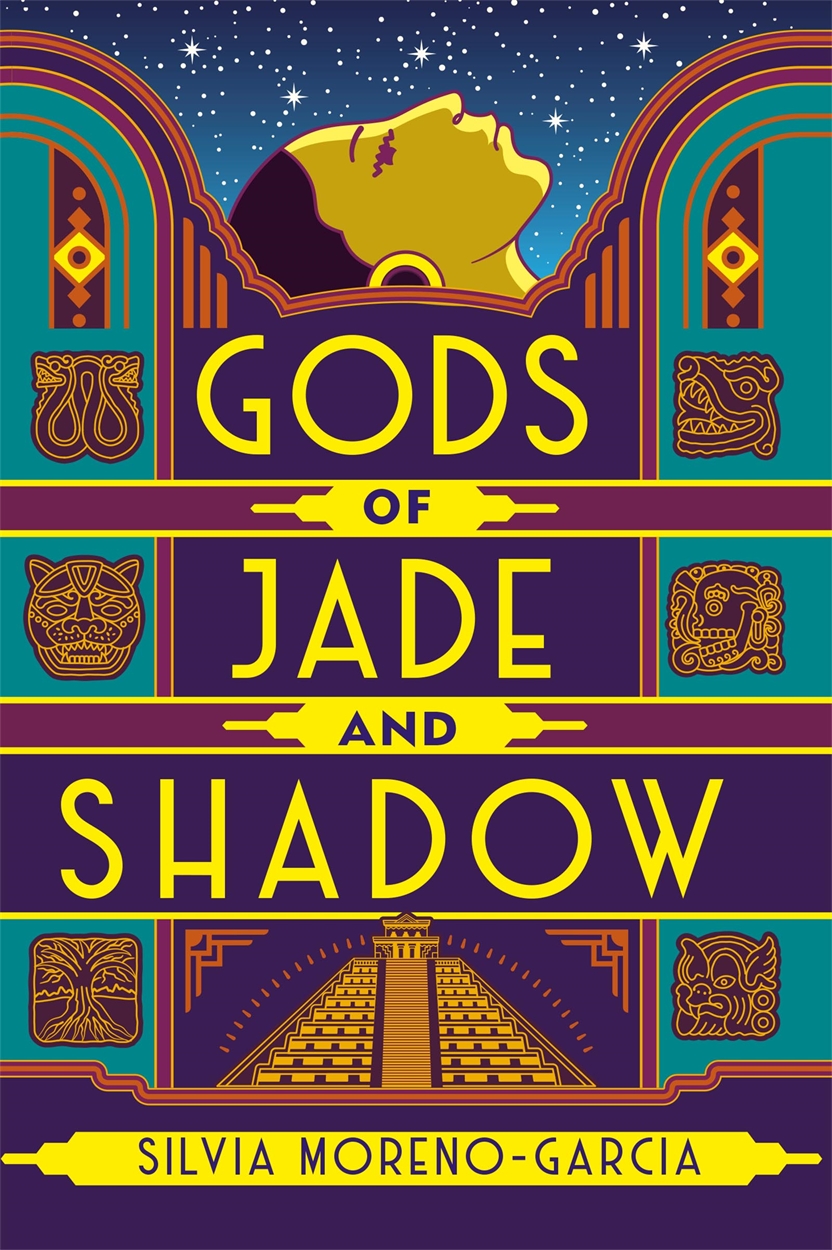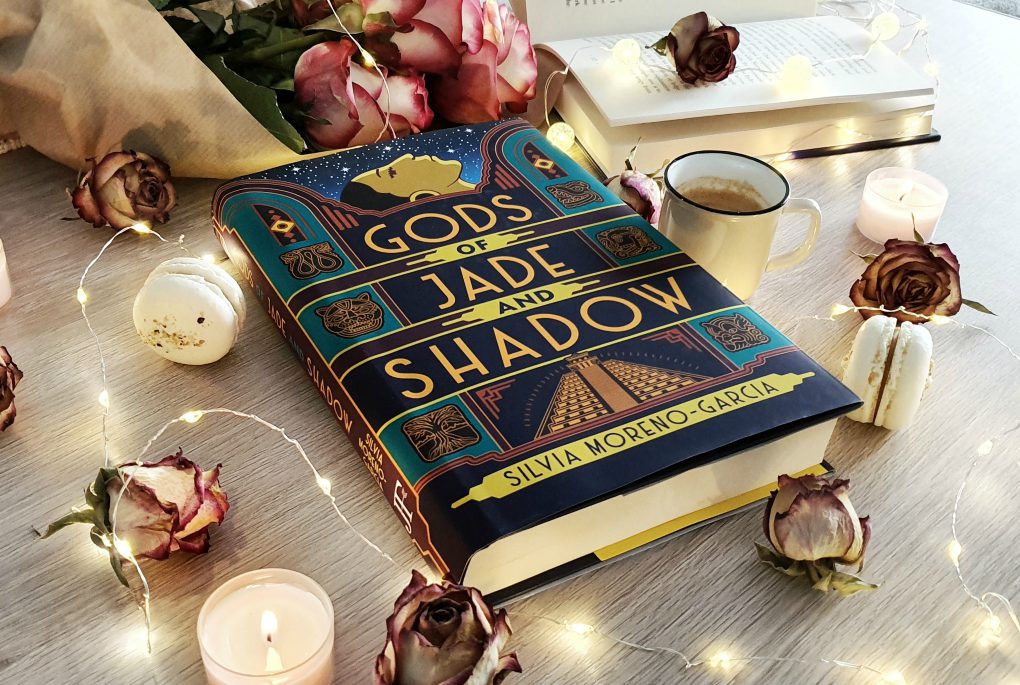


While I like that she doesn’t simply roll over when she is told by either the god of death or her family to do something, she ultimately does do whatever it was which was asked of her… even when she has severe reservations and good reasons not to do so. What if indeed there was money locked away in there? The old man owed her something for her suffering.Ĭasiopea inserted the key and turned the lock, and flipped the lid open.”Ĭasiopea comes off as a somewhat lukewarm attempt at a strong, feminist main character. But she was angry, and more than that, curious. “Casiopea rested both hands on the chest and for a moment considered leaving well enough alone. Inside the chest lies the trapped God of Death, Hun-Kame, who whisks Casiopea away on an adventure to recover his missing body parts and defeat his usurper brother, Vucub-Kame. Her cousin is angry and jealous at her intelligence and due to her small rebellions and attempts at independence – how dare she not know her place, after all? Casiopea’s frustration at the restrictions placed on her ultimately come to a head when she opens a locked chest in her grandfather’s room hoping to steal any hidden gold or money he has squirreled away. She receives the classic Cinderella treatment, albeit without actually having a secret royal heritage. The novel opens with Casiopea, our main character, trapped beneath the thumb of an oppressive grandfather and cousin.


Although there is nothing particularly ground-breaking in this novel, it is overall competently written and something I’d consider to be a good vacation read. It’s quick-moving with characters who conform to existing archetypes. I would recommend this to people who are looking for fantasy that straddles the line between adult and YA content. Set in the 1920s, the midst of the jazz era, the setting comes across as different and refreshing given how infrequently Mexico is featured in non-translated fantasy. Gods of Jade and Shadow is a light, fairytale-esque read focusing on Mayan and Mexican history and mythology. With words you embroider narratives, and the narratives breed myths, and there’s power in the myth.


 0 kommentar(er)
0 kommentar(er)
